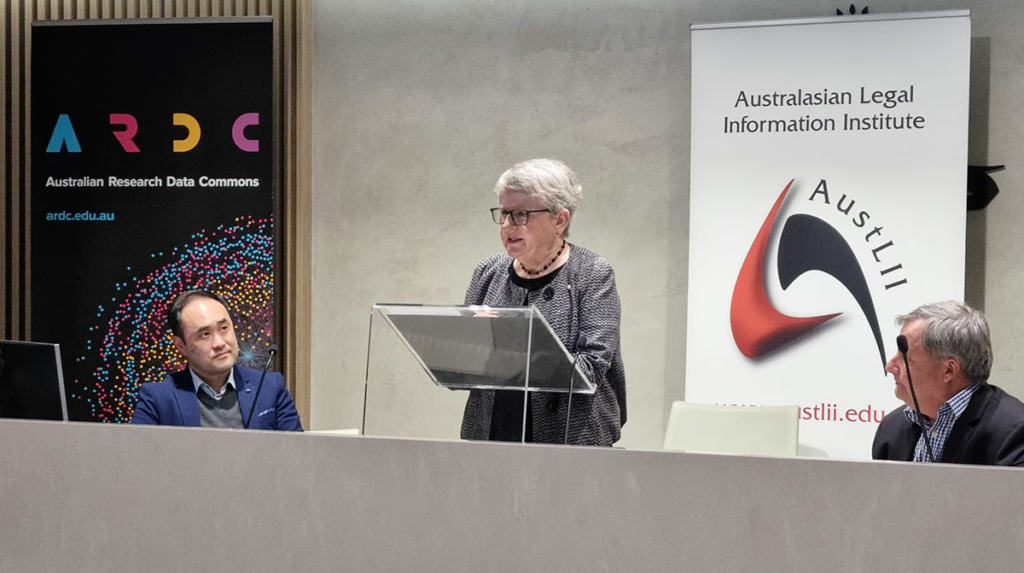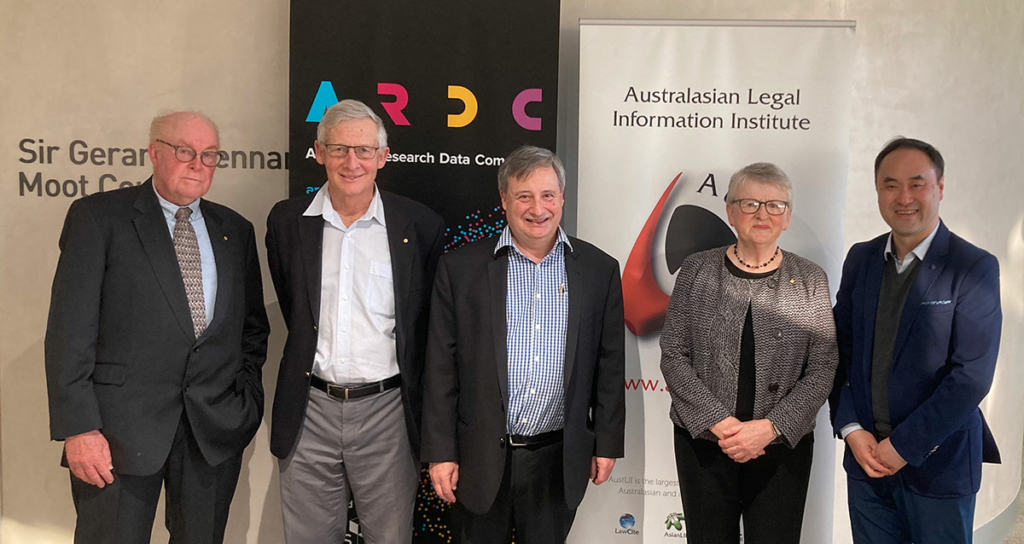
Social Sciences Research Infrastructure Co-Design Workshops
Go to eventabout Social Sciences Research Infrastructure Co-Design Workshops
For the first time, coronial findings for the last 20 years from across Australia are freely available for research through the new ARDC-supported Australian Coronial Law Library. It was launched on 18 July 2023 by former Australian High Court Justice Virginia Bell AC SC.
Drawing together coronial findings from coroners and magistrates courts from every state and territory in Australia, the new library provides an easy and accessible way to search for coronial findings and recommendations.
The Australian Coronial Law Library is hosted by the Australasian Legal Information Institute (AustLII), a joint facility of UTS and UNSW Faculties of Law.
At the launch, the Honourable Virginia Bell AC SC said, “It is an impressive addition to AustLII’s already extensive collection of online legal materials. This collection is a valuable tool in the armoury of interested individuals seeking to ensure executive accountability.”
“The importance of the coronial jurisdiction has received increasing recognition in recent years and is reflected in this comprehensive library.”

Coroners investigate the cause and circumstances of reported death and may make recommendations in their findings following investigations. Their invaluable recommendations are often directed to governments and other relevant parties, to encourage them to make changes to procedures and practices to reduce the risk of preventable death.
These recommendations make important contributions to public policy and legislation development, particularly regarding reform processes in such areas as the health system, aged care and disability service providers, policing, corrections, public health and safety as well as human rights concerns such as deaths in custody.
Despite its importance, coronial law and practice is a little-understood and under-researched field.
The Australian Coronial Law Library solves a significant challenge for academics and professionals researching Australian coronial law. The findings of the Coroners operating within State or Territory jurisdictions had not been aggregated nationally. Also, only a limited number of the responses to recommendations were available online and they are not always specifically linked to the original coronial recommendation. Comparable reports and recommendations across jurisdictions were difficult and time-consuming to find.
The Australian Coronial Law Library provides an expansive perspective on the coronial function over at least the past twenty years and provides free access to legislation, case law, scholarship and law reform materials relating to coronial law. It consists of 67 databases, made up of 14 coronial databases and 53 virtual databases (of related cases, legislation and articles) and includes 24,570 searchable items. Nearly 10,000 coronial findings, recommendations and responses have been processed and metadata extracted to enable seamless integration with all other primary legal resources on AustLII (such as other court decisions referring to coronial findings, or legislation implementing them).
The intersection of the inquisitorial fact-finding coronial process with the broader justice function of courts, and the responses of the legislative system, form a vital part of the legal system. Providing easy free access to coronial findings and recommendations will assist legal practitioners, courts, tribunals and researchers to carry out their functions at other levels of the justice system.

AustLII publishes nearly 1,000 Australasian legal databases, including current and historical case law, legislation, law reform reports, law journals and the largest national treaties collection on the Internet. AustLII receives about 700,000 accesses per day and is regularly rated as Australia’s most-used legal website. Since its inception in 1995, AustLII has provided free access for the Australian public to the essential legal information needed for the rule of law and democracy to function effectively. AustLII’s broad public policy agenda is to improve access to justice through better access to information.
In 2011, AustLII received support from an ARDC predecessor, the Australian National Data Service (ANDS), to digitise its holdings and make them discoverable through AustLII and ARDC Research Data Australia.
The ARDC continues to support research on law and justice through digital services and tools being developed by the Humanities, Arts and Social Sciences (HASS) and Indigenous Research Data Commons.
Learn more about the ARDC-supported project, National Free Access Coronial Findings, Recommendations and Responses.
The article is a modified version of the AustLII media release.
The ARDC is funded through the National Collaborative Research Infrastructure Strategy (NCRIS) to support national digital research infrastructure for Australian researchers.